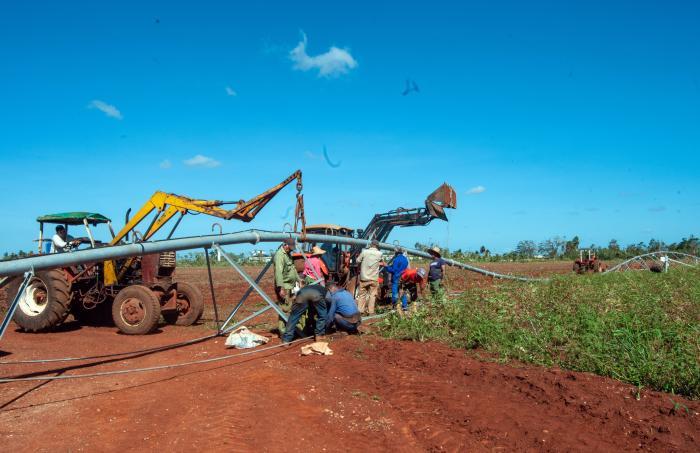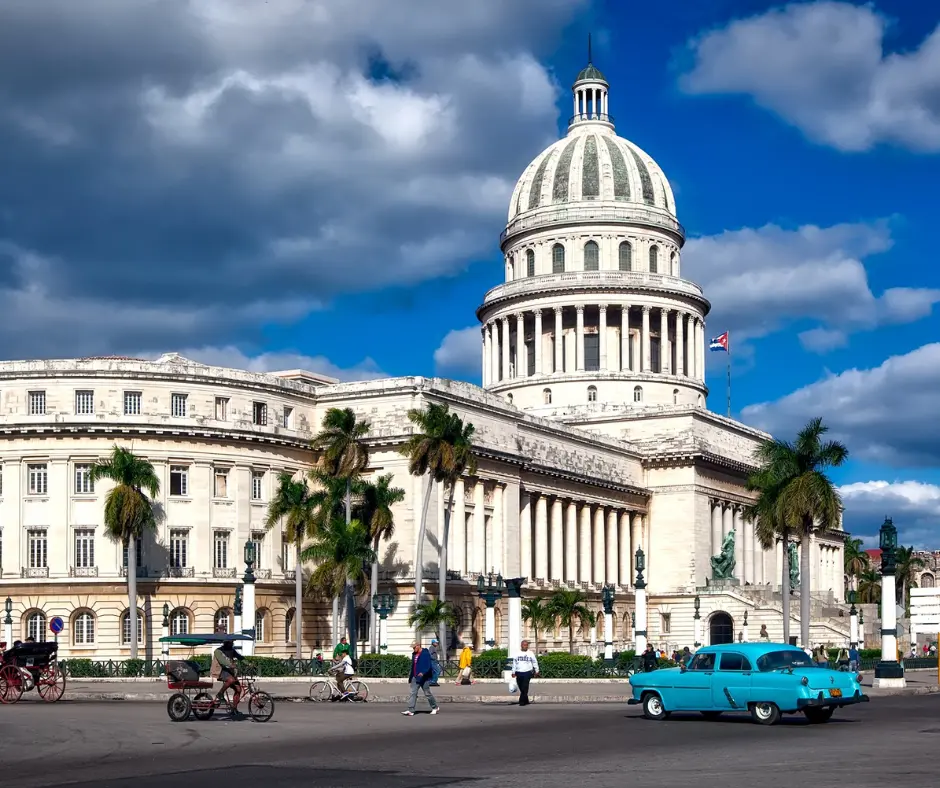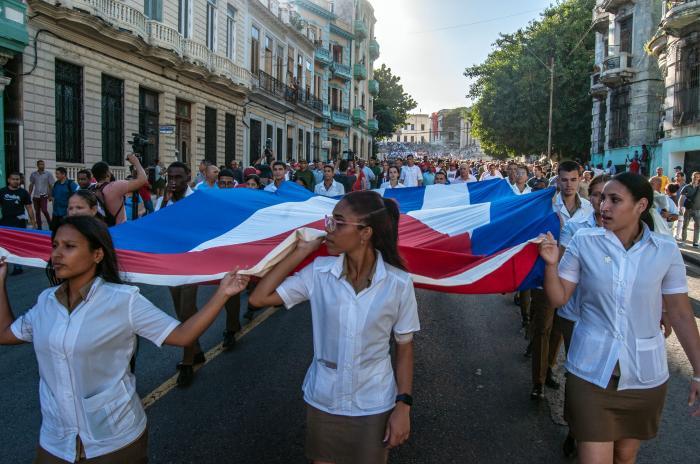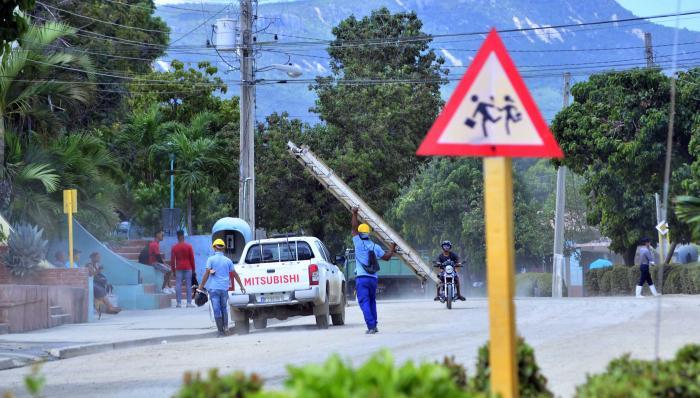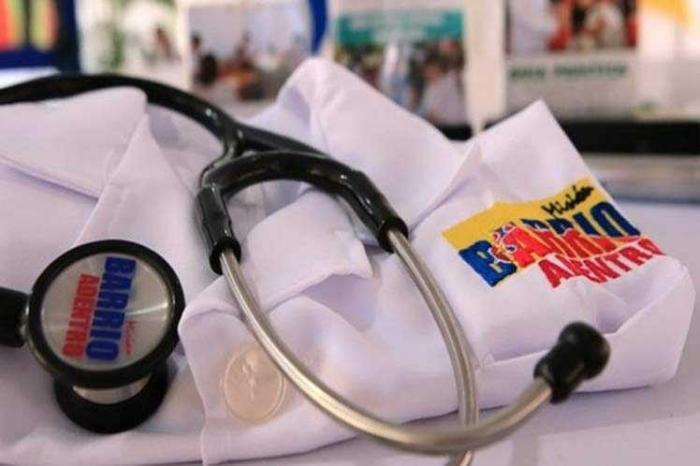


Recognition and honor are imposed on those who, in an altruistic way, daily exercise the task of healing and saving lives. Being a doctor is more than just a title, it is a deep-rooted vocation, a profession and a priesthood.
In Cuba, where there are currently numerous challenges facing public health, the work of physicians acquires a transforming dimension.
From the hospitals, polyclinics or the family doctor's office in our Island, to the rural areas of Latin America or regions in conflict in Africa, the professionals in white coats demonstrate the humanity involved and multiplied.
An emblematic example is the Henry Reeve Brigade, a medical contingent founded in 2005, which has been deployed in more than 40 countries, facing epidemics such as Ebola, natural disasters such as the earthquake in Haiti, or the most recent pandemic of COVID-19.
Another highlight is the Latin American School of Medicine, which for 25 years has trained some 31,180 doctors from 122 countries, representing all regions of the world. There, confessed Watan Jamil Alabed, a Palestinian doctor who graduated from that school, "if there is one thing that is practiced there, it is internationalism".
Celebrating one more year the Day of Latin American Medicine is, therefore, an act of recognition and gratitude. It is also a reminder that behind every diagnosis and every treatment, there are people who show their humanity in the noblest and purest way.


